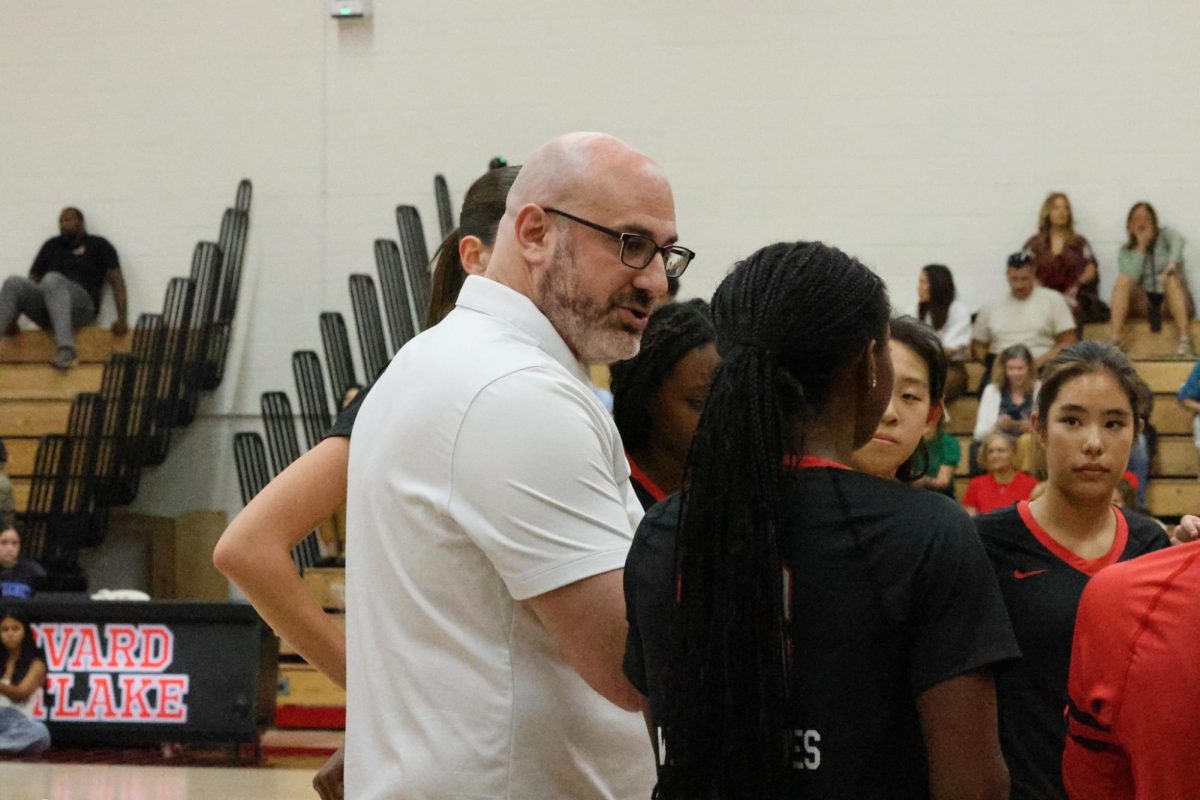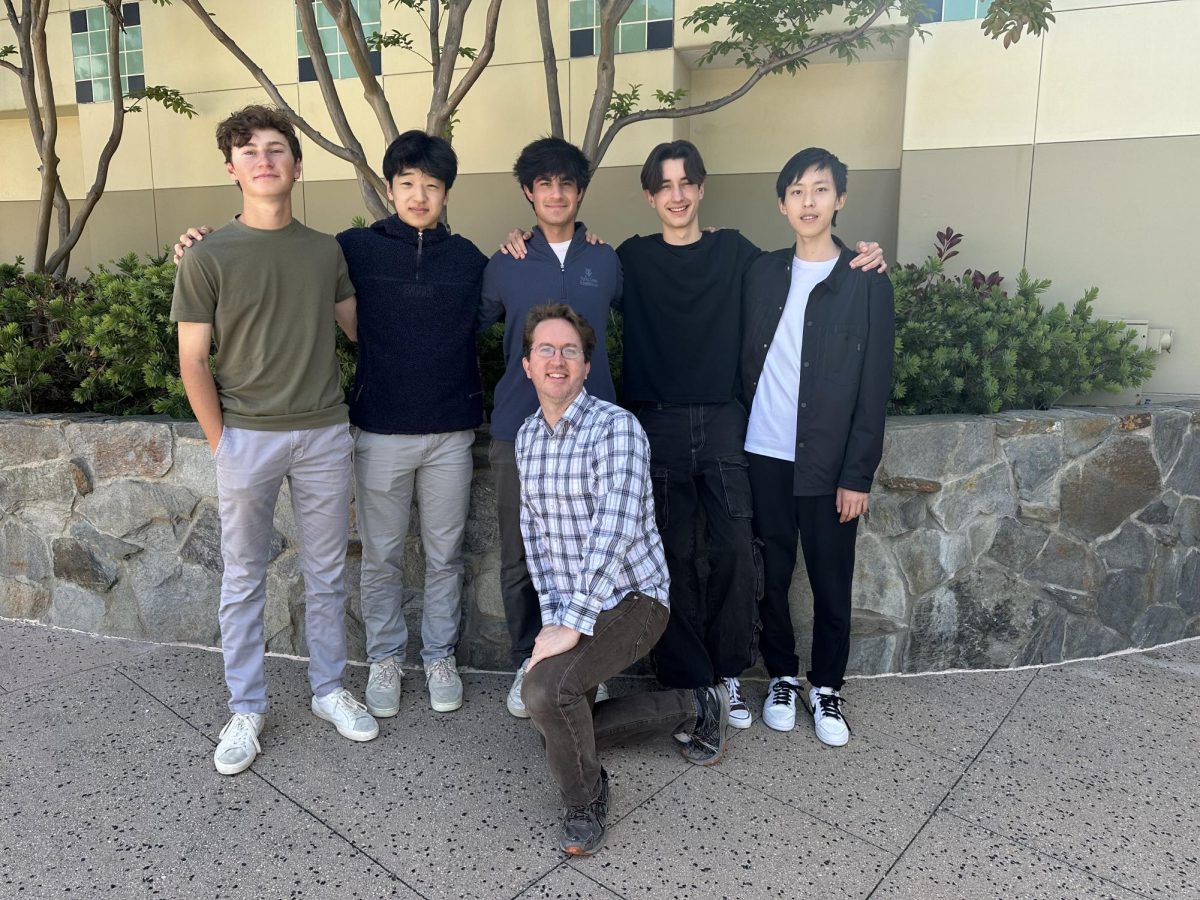Michael Barr ’25, Ryder Katz ’25, Mason Wetzstein ’25, Ethan Seung ’25 and John Xu ’25 won the annual Wharton High School Data Competition. The team competed against over 300 teams from 37 countries in the tournament. Each team was given 476 games of fictional soccer data and had to formulate a playoff bracket and pick a winner for each round as well as the probability they were going to win.
The teams considered expected goals, penalty kicks, time of possession, corner kicks, home team and away team, deciding for themselves which variables to look at and how to weigh them. Katz said the team’s building of a Whole History Model (WHM), a model that adapts to changes to the data, allowed them to more accurately predict data that was out of order.
“We started with an Elo rating system, but the issue we found with it was that the data wasn’t in timed order,” Katz said. “If you ran the data one way, you would get a hypothetical number, but if you ran it the other way, the differential between the two outcomes was huge. The order of the data had a big impact, so we had to build a method that would iteratively change each team. We built a WHM that updates every team in the league after every game, so it gets rid of the sequencing issue we found in the regulatory system.”
In the tournament’s first round, teams submitted their predictions for playoff rounds with the probabilities that each team would win. The tournament filtered the predictions, reducing the pool from over 300 to 25 teams. Semi-finalists created slideshows presenting the way they arrived at their predictions. Six teams were then selected to present their slideshow to a panel of judges. Wetzstein said he credits the team’s long-term success to the variety of skill sets amongst the group.
“[It was really useful] to have the combination of [Katz] and I who know sports very well and possess strong presentation skills, [Xu] and [Barr] with really strong computer science skills and finally, [Seung], who bridged the gap and acting as a translator,” Wetzstein said.
Seung said he credits the team’s success to their collaboration.
“Our team was very dedicated,” Seung said. “We spent a lot of time together working, and everyone played a part. There was never just one person working on the project.”
Katz said while he is proud of the team for winning the competition, his greatest gains from the experience come from his improved leadership skills as well as understanding of research and data science.
“I’m walking away with teamwork abilities that I simply did not have before this experience,” Katz said. “I couldn’t be more grateful for this opportunity.”






























